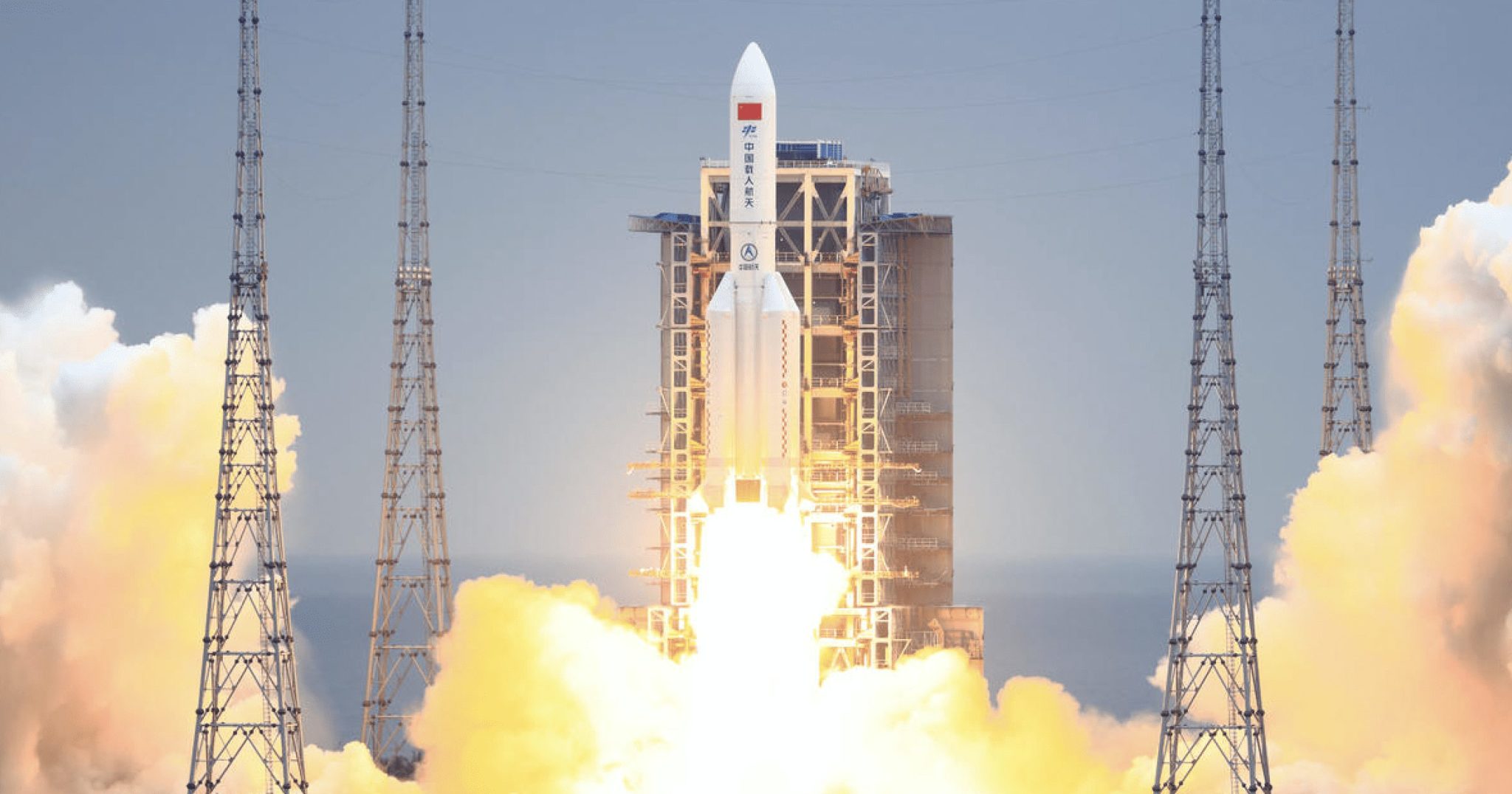Americans, like much of the world, watched anxiously on Saturday as nightfall arrived, checking in on the progress of the plummeting Chinese rocket – and probably reminded themselves of the (pardon the pun) astronomically long odds they’d be hit by debris.
But in the backs of their minds …
Well, the most likely scenario unfolded: the rocket remnants landed in the water.
China’s rogue Long March 5B rocket, used to launch a Chinese space station, reportedly landed in the Indian Ocean late Saturday night ET.
Buzz phrases such as “uncontrolled re-entry” and “uncertain destination” — along with actual rocket scientists saying they just didn’t know where it would land – provided plenty of conversational momentum leading to the re-entry.
At 18,000 miles per hour, the 23-ton, 10-story rocket could do some damage if it hit populated areas.
Reuters reported the landing, citing information from the Chinese government, and the U.S. Space Command retweeted a post by Space-Track.org, indicating the rocket debris had landed.
Among the last reported crash destinations, per the Space Command, were Costa Rica, Haiti, Australia, Spain, Italy, Greece, Saudi Arabia, Jordan and New Zealand, so, yes, it could have come down just about anywhere.
Astronomer Dr. Jonathan McDowell, of the Harvard-Smithsonian Center for Astrophysics, offered an expert view of the difficulty in trying to predict the rocket’s course.
“Since we don’t know WHEN, we don’t know where,” he said in an email to Fox News on Friday. “If you’re an hour out in WHEN, you’re 18,000 miles wrong in WHERE.”
Last year, another Long March 5B rocket stage re-entered the atmosphere and crashed into a village in West Africa. Though there were no injuries then – or apparently from this one – it appears China should look closely into improving its safety protocols.


















Add comment